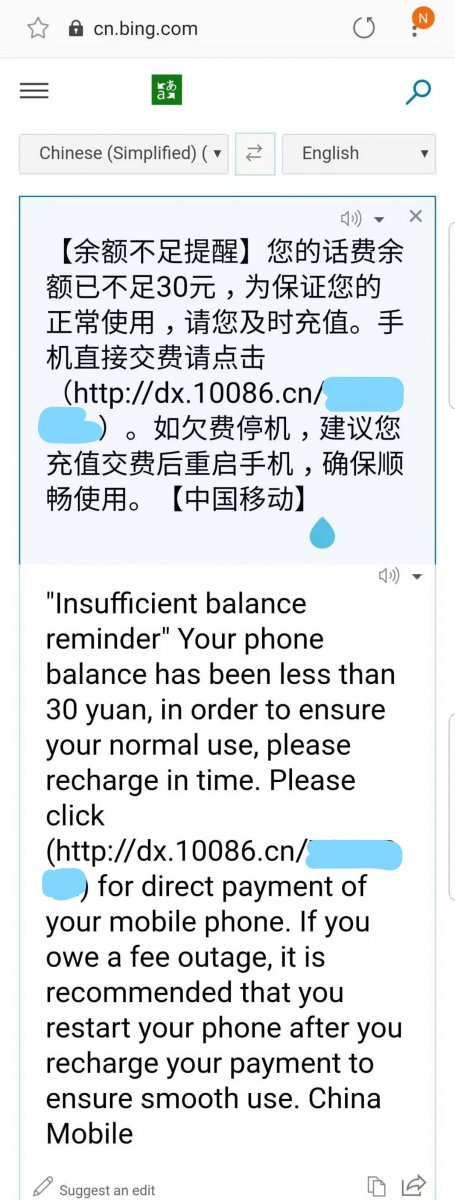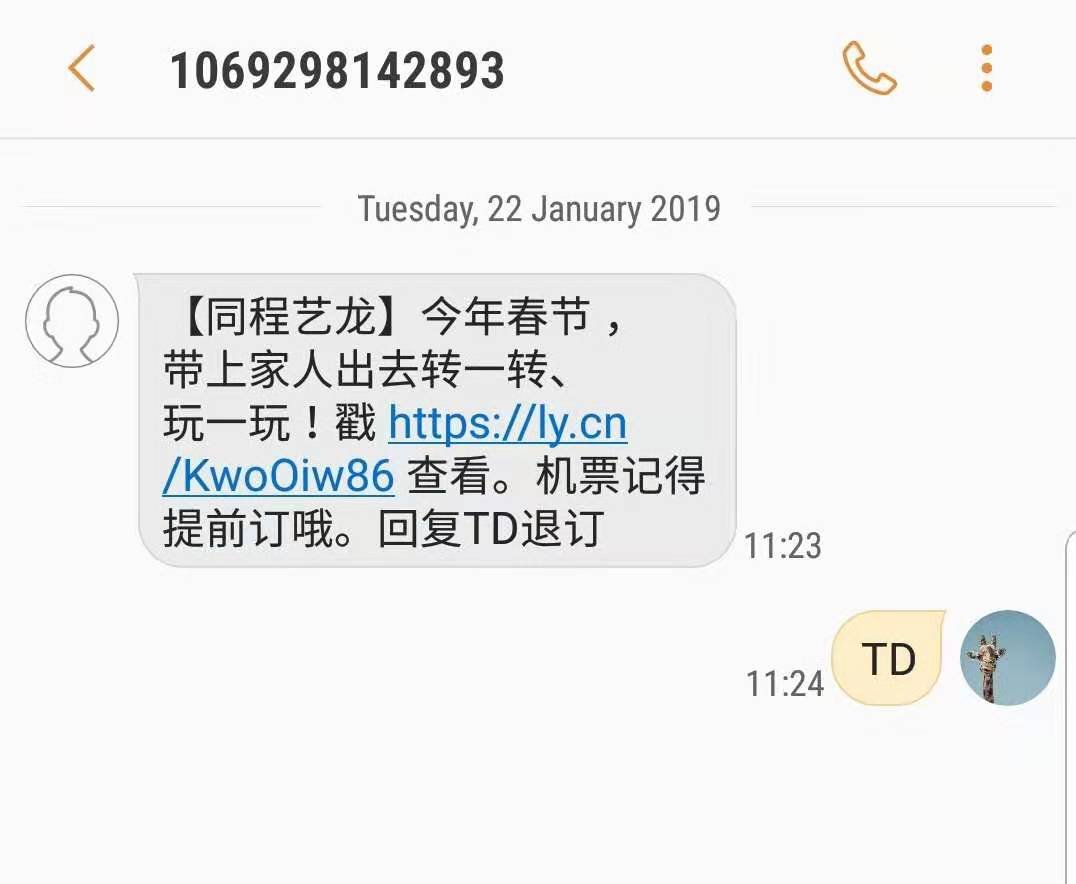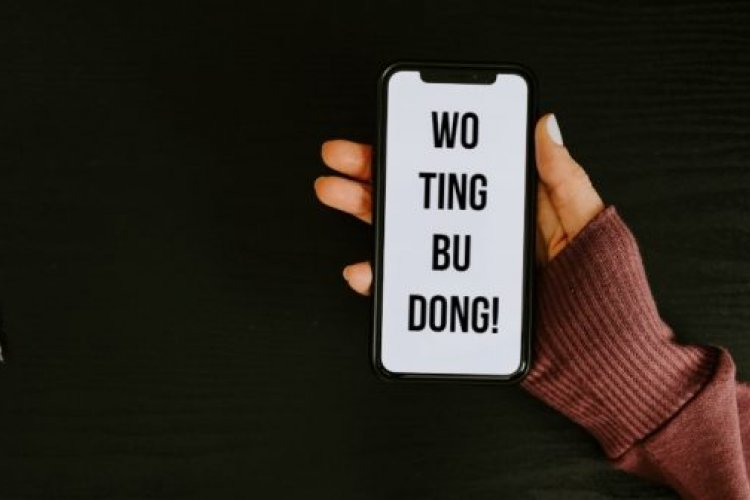Spam, or Super Important? Tips for Deciphering SMS Messages When You Don’t Read Chinese
Figuring out how to get a mobile phone contract isn't easy when you don't speak or read Chinese, but even once you've overcome this hurdle, the battle isn't over quite yet.
In the age of WeChat, Facebook Messenger, and Whatsapp, text messages can feel pretty antiquated, so you might be surprised by the number of messages you begin to receive once you activate your service. Was your number previously used by an A-list Chinese celebrity? Are these long-lost friends coming out of the woodwork? Sadly, probably not.
While many Western countries have regulations preventing mobile phone numbers from being made publicly available, and therefore preventing spam, China doesn't so the moment you get your new phone number, so does everybody else.
You’re about to get a loooot of love in your text message inbox. While much of it can be deleted without a worry, some of it is important, and you need to know which is which.
Tips and Tricks to help you deal with Chinese SMS spam
Resist the urge to ignore your messages completely. Getting lots of messages is irritating, but you don't want to risk missing a notification from your phone service provider that your balance is running low. Recently, I renewed my passport and I almost deleted an SMS saying that I needed to go into the China Mobile store to update my details, as my old passport (which I used to register) was expiring. Failing to do so probably would have cut off my connection and led to even more confusion.

Get into the habit of translating messages. Save your favorite online translator service as a bookmark or standalone app on your phone's home screen. Long press the SMS to copy it, then paste it over. Easy.
Rename contacts that are important, such as your bank and mobile phone provider. You may notice that you get messages from your bank on a few different numbers, but you'll notice that the real, important messages always come from one number, while promotional stuff comes from others.

Look out for the letters "TD" at the end of your messages, which is often preceded by 退订 tuì dìng (unsubscribe) or the easily recognizable 回 huí (return, reply). When you see these, you can use them to unsubscribe from that particular number, and prevent future hassle. Just reply to the SMS with the letters TD as in the image above. Taking the time to do this can dramatically reduce your spam.
The name of the organization that is sending you the message usually appears between thick brackets 【like this】. You’ll quickly get to recognize the important ones, such as:
- 【中国移动】Zhōngguó yídòng – China Mobile
- 【摩拜单车】Mó bài dānchē – Mobike
- 【滴滴出行】Dī dī chūxín – Didi
Don't lose your phone. Not that you would want to anyway, but losing your phone and number is an especially big pain in the ass in China. Every useful daily service, from WeChat to buying train tickets to using a delivery service is linked to your mobile phone number, and if you lose it, you'll have to reapply for the same number or sign up for all those services again, from scratch.
READ: Nearly Everything You Need to Know About High-Speed Train Travel in China
Images: Unsplash, Anna Pellegrin Hartley
Related stories :
Comments
New comments are displayed first.Comments
![]() Sikaote
Submitted by Guest on Sun, 08/02/2020 - 17:26 Permalink
Sikaote
Submitted by Guest on Sun, 08/02/2020 - 17:26 Permalink
Re: Spam, or Super Important? Tips for Deciphering SMS...
Getting lots of messages is irritating, but you don't want to risk missing a notification from your phone service provider that your balance is running low.
What is this 'balance' you speak of???

![]() John Farnworth
Submitted by Guest on Sun, 08/02/2020 - 14:42 Permalink
John Farnworth
Submitted by Guest on Sun, 08/02/2020 - 14:42 Permalink
Re: Spam, or Super Important? Tips for Deciphering SMS...
Interesting does cn.bing.com translate from Chinese to English?
I noticed Chinese people who speak little or no English use translators especially in shops.Can you do this on Wechat or other sites?
Are these free sites or not?
Validate your mobile phone number to post comments.







